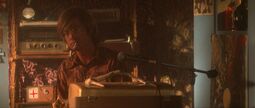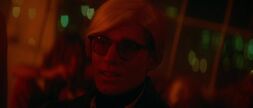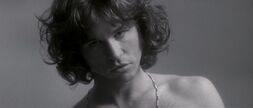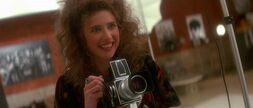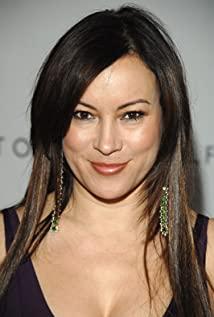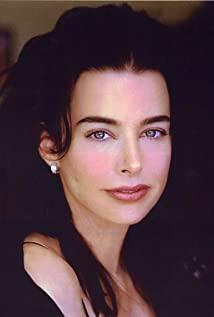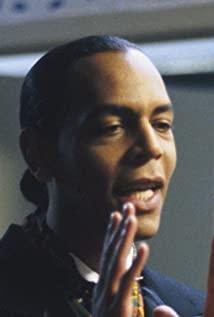I have learned Oliver Stone's unique biopic style from watching "Alexander the Great" before. Although the film was shot much earlier, the strong subjective sentiment full of the whole film can be seen. The director's various bold performance techniques and the extreme wild performances of the characters in the film made me feel the great impact both visually and psychologically. It’s also a music biopic. "Forever" did not impress me very much. Although there were drug abuse and cheating, these were just gimmicks on the plot. The character's personality was not fully explored, and John Cash It doesn't have the charisma of Jim Morrison's blatant personality.
According to the director's consistent ambition, the title "The Gate" is destined to not exist as the name of a band in the movie, and it will certainly contain deeper symbols and metaphors. According to the protagonist’s own interpretation, it is not the “door of the mind” as Huxley refers to, but the “door of perception” as described by William Blake. “When the door representing perception is purified, things will appear Their original appearance". The difference between the two is obvious, that is, the opposition between reason and emotion, ethics and desire. The protagonist's various bohemian performances are precisely his extreme catharsis of his own emotions and desires. The so-called "gate of the mind" is actually the restraint of human reason on oneself, and the suppression of internal humanity by the external system. What the actor has been trying hard to do from beginning to end is what he sings "Break the shackles and reach the other shore".
Judging from his performance in pursuing his girlfriend from the beginning, he is an extremely frank and unpretentious person. He got into the heroine's room through the window, and the heroine asked him why he didn't enter through the door. He said it was a waste of time. Forget who said that, the father opened the door and invited the material husband, but the ideal lover always enters through the window. The door is actually a symbol of people's psychological defense against the outside world. Guests entering through the door often have to be polite. Whether they can achieve the original intention depends on the face of the owner, which is as straightforward as climbing a window. The subtle difference between doors and windows can actually be used as a footnote to the meaning of the title. The actor likes to quote another quote from William Blake: "The road that no one walks leads to the temple of wisdom." What he has to do is to be willful, to take risks, not to copy the world, but to get rid of the mask and go straight to the heart.
The protagonist has imitated the dance of the primitive Bacchus several times in the concert. The audience also danced wildly to the music, mixed with naked women and various illusions, and the atmosphere was mysterious and confused. They also mentioned Dionysus and Bacchus many times in their conversations. They represented disorder and instinctive impulse in Greek mythology, suggesting the influence of myths and legends on the male protagonist’s character. "It also seems to have known each other before. The male protagonists of the two films are tortured by strong emotions and desires, which are quite a bit of ancient Greek tragedy. Jim has a controversial impromptu "father-killing and mother-in-law" lyrics, which seems to imply an Oedipus complex.
The desert and the Indians are the main illusions of the male protagonist. The desert represents his desire to explore beyond the border, and he always looks for his cactus in the vast yellow sand. The Indians seem to be a symbol of death, and the dying eyes in childhood memories can always occupy a lifetime of dreams. There are also cobras, jaguars, religious totems, flames, etc. These surreal shots visualize the protagonist’s confused mental state. I remember that the director’s approach is more exaggerated in "Natural Murderer". . Of course, these shots are like the actor's vaguely imaged poems, in which he can only generally perceive the madness and wildness, and cannot make a detailed and rational interpretation of his character's fate.
His obscene performance on the stage brought the film to a climax. I vaguely remember that there was a similar plot in Leslie Cheung's acting career. Whether it was quietly sleeping in the bathtub or leaping down from a tall building, the ending of the two fully demonstrated the contradiction between genius and the world. "The god of death makes us become angels and gives us wings", out of the desperate view of life conveyed in the film, we can understand this conjecture about death. I hope that above those crazy eyes, there is really something that can fly freely. Heaven.
View more about The Doors reviews



